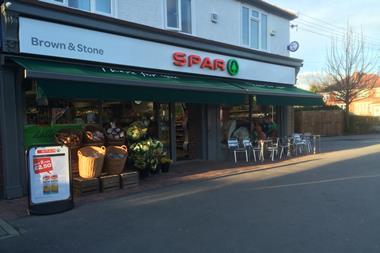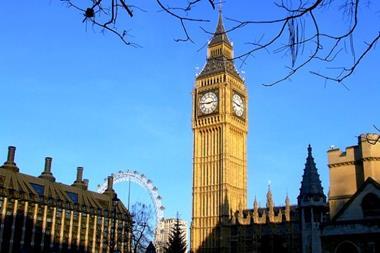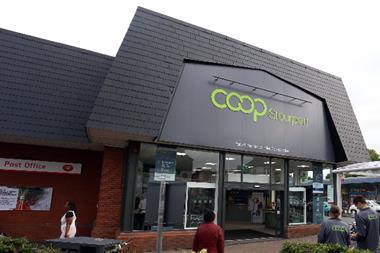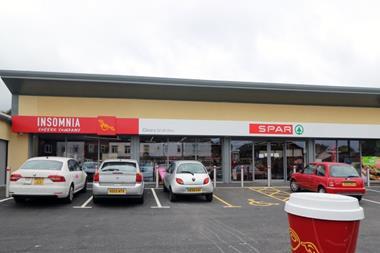Retailers play their part in Sunday trading defeat

Retailers played a key role in defeating the government on Sunday trading last week and highlighted the value of political engagement, according to leading players in the campaign.
ALREADY HAVE A REGISTERED USER ACCOUNT? PLEASE LOG IN HERE
To read the full story join the ConvenienceStore.co.uk community today!
Registration is quick and easy and provides access to:
- Unlimited ConvenienceStore.co.uk articles
- Our great range of newsletters
- Content you’ve saved for later via the ‘my library’ feature
And much more…

























